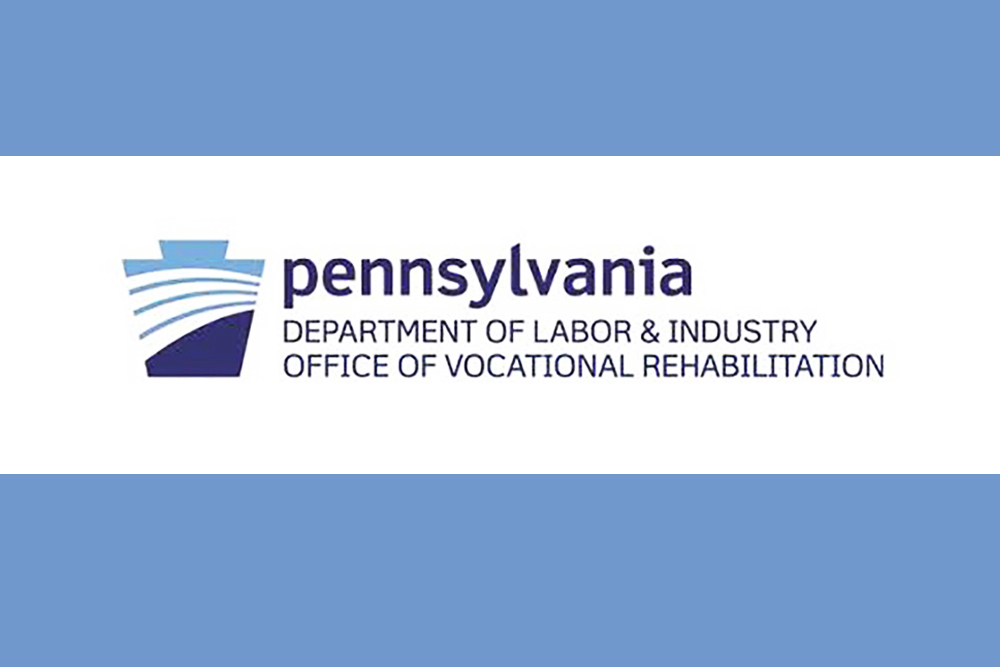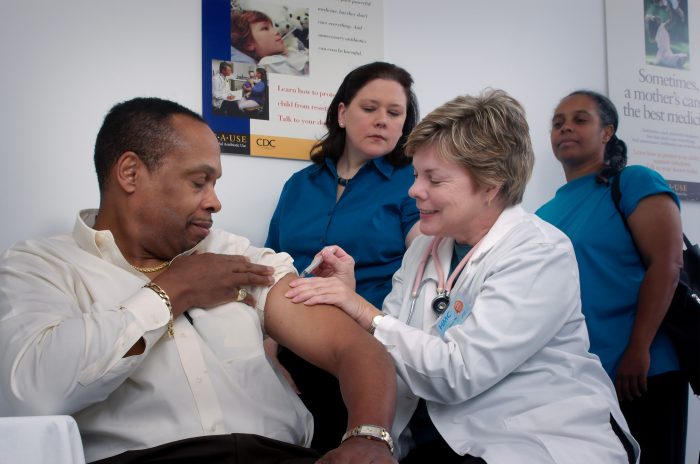Central Penn Business Journal, April 2, 2021
By: Ioannis Pashakis
April 2, 2021 12:27 pm
Two Harrisburg health care associations were awarded a total of $250,000 in grant money as part of a national initiative to make access to telehealth services more equitable.
The Rehabilitation and Community Providers Association (RCPA) and the Pennsylvania Association of Community Health Centers (PACHC) announced this week that they will be using the funds to work with legislators and support strategies to ensure that as telehealth services expand as a way for patients to receive care from home that it is done equitably.
The initiative follows all-time highs in telehealth usage following the COVID-19 pandemic as providers shifted to virtual care during quarantine.
“Without being able to meet face to face in many cases, telehealth platforms quickly became the service delivery vehicle for providers, consumers, stakeholders, and payors,” said Dr. Richard Edley, president and CEO of RCPA. “As with every crisis, these challenges opened our eyes to new opportunities. But we still have a long way to ensure telehealth expands in an equitable way for providers and the communities we serve.”
RCPA and PACHC are two of six associations spanning eight states to be awarded the funding through the Delta Center for a Thriving Safety Net. The Delta Center, based in San Francisco, is a national collaborative created to foster innovation in value-based care and payment through policy initiatives.
RCPA is one of the country’s largest health and human services state associations with 350 member agencies and PACHCS represents and supports over 350 Federally Qualified Health Centers (FQHC).
As part of the grant, the two organizations will:
- Drive policy and practice changes to ensure access to quality physical and behavioral services and improve integrated care through telehealth.
- Partner with legislators and stakeholders to develop telehealth standards throughout the Commonwealth.
- Support actionable strategies to address the social determinants of health
- Share consumer feedback to develop training and technical assistance, health literacy campaigns and language supports.
“The integration of physical and behavioral health is critical to the future success of delivering high quality health care services to the patients of Federally Qualified Health Centers and behavioral health providers across the commonwealth,” said Cheri Rinehart, PACHC president and CEO. “The incorporation of telehealth services in the delivery of care was essential throughout the pandemic and will continue to be a crucial tool for providers to use in delivering whole person care for the communities they serve.”
Two Harrisburg associations focus on equitable telehealth care with new program. – Central Penn Business Journal (cpbj.com)
















